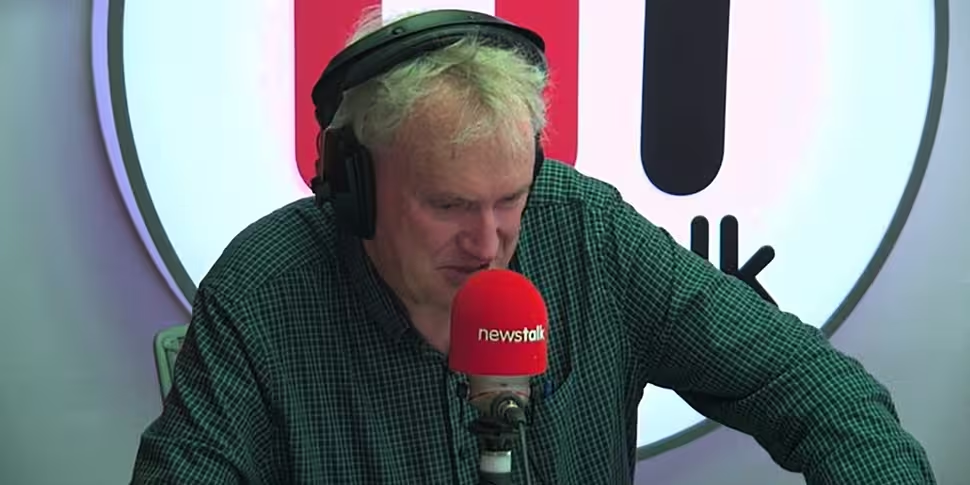While restrictions have eased and society has returned largely to normality, COVID-19 has not gone away completely.
Many are still suffering with long COVID-19 after being infected many months ago and scientists are trying to understand what kind of vaccines will be needed going forward - if any.
Immunologist Luke O'Neill joined The Pat Kenny Show to discuss whether the pandemic is really over.
Boosters
Prof O'Neill said there are now "three big unknowns" surrounding COVID-19.
Firstly, immunologists don't know if more new variants will be discovered.
Secondly, there is concern about "the waning of the vaccines".
"Do we need to boost? Maybe the fourth booster will suffice".
"The waning will get down as low as 50% ... so you've lost half your protection."
"You're restoring your protection by 80%-90% by taking that fourth booster shot, hence the importance of it."
Long-Covid
The third unknown is the effect of long-COVID on patients.
"The latest data is suggesting one in 10 have long COVID and as many as half of those have severe long COVID - now we're talking symptoms six, nine, 12 months post-infection", he said.
"There's fatigue, it's brain fog, it's depression."
Prof O'Neill's lab has switched focus now to researching long-COVID "because it's such a massive problem".
Origins of COVID-19
It remains a mystery how this disease came to reach people in the first place.
Dr O'Neill said that there "solid circumstantial evidence" that the initial spread of coronavirus was due to a lab leak in China.
Immunologists he knows are largely in agreement about this theory, and we're not likely to have such an event again.
Main image shows Prof Luke O'Neill in Newstalk studios in Dublin. Picture by: Newstalk









